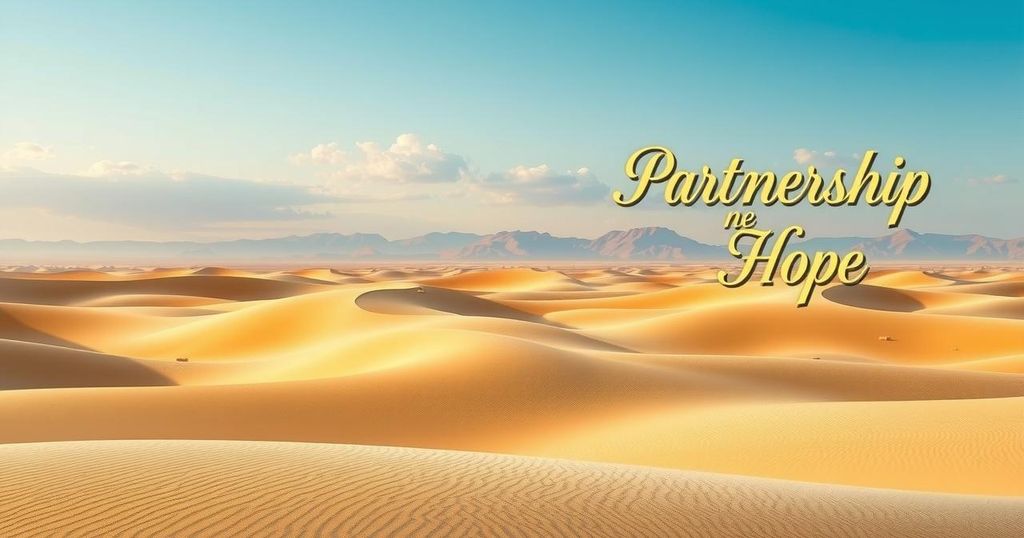IAEA Director General Rafael Mariano Grossi visited Niger to enhance support for peaceful nuclear technology in mining, water management, and cancer care. High-level meetings with officials focused on sustainable energy and the development of water resources. Grossi emphasized the importance of IAEA’s ongoing collaboration amid political changes, stating satisfaction with local management and initiatives for health care improvements.
During his recent two-day visit to Niger, IAEA Director General Rafael Mariano Grossi held discussions with Prime Minister Ali Lamine Zeine and other high-ranking officials, emphasizing the importance of the agency’s support. The focus of the meetings centered on utilizing peaceful nuclear technology for various sectors, including mining, water management, and cancer treatment.
Grossi also met with the Ministers of Foreign Affairs, Mines, and Energy to address Niger’s developmental goals, such as sustainable energy. His itinerary included visits to the Compagnie Minière d’Akouta (Cominak) and the Société des Mines de l’Aïr (Somaïr) uranium sites.
Acknowledging Niger’s significant uranium production, Grossi remarked on the necessity of maintaining IAEA presence amid recent political shifts. He stated, “With important political changes in the country, it was very important to ensure the continuity of the presence of the IAEA. We will continue helping and assisting the country in this key activity.”
Expressing satisfaction with the observations made during the visit, Grossi noted the competent management and commitment to transparency he encountered. “The work will continue here and at the other mining sites in Niger, but it was truly an excellent start,” he added.
Uranium production in Niger commenced in the 1970s, contributing about 5% of the global output. However, the recent military coup in July 2023 led to the revocation of operating permits for several projects, including GoviEx’s Madouela.
During his visit, Grossi signed an agreement with the Minister of Hydraulics aimed at enhancing water resource management, which will benefit from World Bank support. Given Niger’s severe water scarcity, the IAEA plans to offer technical backing for establishing a national water quality lab and improving existing facilities.
The IAEA is also assisting Niger through its Rays of Hope initiative to enhance cancer care accessibility. Grossi visited the capital’s National Cancer Care Centre, which has received IAEA support, highlighting the organization’s commitment to addressing critical health needs.
The visit by IAEA Director General Rafael Mariano Grossi underscored the agency’s commitment to supporting Niger through peaceful nuclear technology applications. Key discussions centered on uranium mining, water management, and cancer care. Despite recent political upheavals, the IAEA aims to reinforce its presence in Niger to foster development and ensure safety in mining operations, while also addressing vital humanitarian needs such as water scarcity and cancer treatment.
Original Source: www.world-nuclear-news.org






